Fortnite’s much-anticipated Halloween event for 2025—known as Fortnitemares—has gotten off to a rocky start following an unexpected social media mishap involving pop star Doja Cat. What began as a promotional collaboration between one of the world’s most popular games and a global music icon quickly spiraled into controversy after a tweet from Fortnite’s official account appeared to contain a suggestive reference, sparking outrage and confusion among fans.
The blunder has cast a shadow over what was supposed to be a major seasonal celebration for Epic Games, raising questions about brand management, marketing oversight, and the risks of celebrity partnerships in the digital era.
A Collaboration That Went Off the Rails
As part of Fortnite’s Fortnitemares 2025 campaign, Epic Games teamed up with Doja Cat to promote her in-game collaboration and upcoming Halloween-themed content. The partnership was meant to build hype for new character skins, music features, and in-game events inspired by the artist’s signature aesthetic—combining pop culture with the spooky, playful tone that defines Fortnite’s annual Halloween celebration.
However, the promotional push took an unexpected turn when Fortnite’s official social media account briefly posted a message reading, “Mother of rose toys.” The phrase was widely interpreted as a reference to a popular adult toy brand, sparking immediate backlash from fans and parents who saw it as inappropriate for the game’s young audience.
While Fortnite’s player base includes millions of adults, the game is rated for teens and has a large following among children—making the suggestive nature of the post particularly controversial.
Doja Cat Responds
The situation escalated when Doja Cat herself responded publicly, distancing herself from the tweet and making it clear she had not written or approved the post. The singer, known for her outspoken and humorous online persona, expressed frustration that the message had gone out under Fortnite’s account, suggesting that she had objected to the content before it was posted.
Her statement drew sympathy from many of her fans, who argued that she was unfairly caught in the middle of a marketing misstep. Others, however, criticized both parties, noting that the collaboration blurred the line between family-friendly gaming content and adult celebrity branding.
Within hours, the post was deleted, but screenshots had already spread widely across social media, ensuring that the controversy would dominate discussion around Fortnite’s Halloween rollout.
Brand Image and Audience Sensitivity
Fortnite’s marketing campaigns have long relied on pop culture collaborations to attract new players and maintain engagement. From Marvel superheroes and Star Wars characters to artists like Travis Scott and Ariana Grande, Epic Games has mastered the art of merging entertainment worlds inside its digital playground.
However, this latest incident highlights the fine line Fortnite must walk between creative partnerships and brand appropriateness. The “rose toy” reference, while possibly meant as playful or ironic, landed poorly with a community that includes parents, educators, and younger fans.
Critics argue that even an accidental association with adult content could undermine the game’s reputation as a safe, inclusive space for all ages. Marketing experts point out that collaborations with celebrities who maintain edgier public personas must be managed carefully, with tighter oversight and clearer communication between all parties involved.
Was It a Miscommunication—or a Marketing Misfire?
While many have labeled the post an unintentional error, others suspect it could have been an ill-conceived attempt to generate viral attention. In today’s fast-moving digital environment, controversy often drives engagement—and some observers speculated that the tweet’s ambiguity might have been a deliberate attempt to stir conversation ahead of the Halloween launch.
However, Doja Cat’s immediate disavowal and Epic Games’ rapid removal of the post suggest otherwise. Those close to the situation described it as a communications breakdown between the artist’s promotional team and Fortnite’s social media managers.
Whatever the cause, the fallout was swift: criticism poured in from both fans and commentators who felt the joke was inappropriate for a game whose audience spans preteens to adults.
Community Reaction
The reaction from Fortnite’s community has been mixed. Many fans expressed disappointment that such a well-planned collaboration had been overshadowed by what they saw as an avoidable error. Some called for Epic Games to issue an official apology, while others urged players to move on and enjoy the Halloween content.
Parents’ groups and online safety advocates were less forgiving, emphasizing the need for stricter control over what is shared on corporate social media accounts, particularly when the content reaches millions of young followers.
Meanwhile, a portion of the gaming community found humor in the situation, turning the incident into memes and jokes across platforms like Reddit and X (formerly Twitter). While these memes generated significant traffic, they also reinforced how quickly brand narratives can spiral out of control in today’s social media landscape.
The Fallout for Epic Games
For Epic Games, the incident serves as a cautionary tale about the challenges of managing large-scale collaborations in a world where public perception can change instantly. Fortnite’s Fortnitemares events are major tentpoles for the company, often driving spikes in engagement and revenue.
Now, instead of focusing on the event’s gameplay innovations—new Halloween maps, limited-time skins, and musical tie-ins—the conversation has shifted to brand mismanagement. While Epic has not released a detailed public statement addressing the controversy, insiders report that internal reviews of social media policies and approval processes are already underway.
The company has faced controversies before, including past concerns about monetization, content moderation, and licensing. However, few incidents have so directly collided with the game’s family-friendly image as this one.
Lessons for Gaming and Entertainment Brands
This episode offers broader lessons for the gaming and entertainment industries:
- Brand Consistency Matters – When collaborating with artists or influencers, companies must ensure that tone and messaging remain aligned with the brand’s values.
- Oversight is Crucial – Social media takeovers should never proceed without clear approval chains and review checkpoints.
- Audience Awareness – Understanding demographic sensitivities is vital, especially for games that straddle both youth and adult markets.
- Transparency Can Repair Damage – Swift acknowledgment and accountability often help rebuild trust after a PR misstep.
The situation also underscores how digital culture blurs traditional marketing boundaries. In the age of influencer marketing, the lines between official content and celebrity personality can easily become confused—especially when multiple teams handle branding and social communication simultaneously.
Looking Ahead: Can Fortnite Recover?
Despite the setback, Fortnite’s Halloween event remains one of the most anticipated gaming events of the season. The platform’s resilience and cultural influence mean it’s unlikely to suffer long-term damage. Still, Epic Games will need to tread carefully in the coming weeks to refocus the narrative on gameplay, creativity, and community rather than controversy.
Doja Cat’s continued involvement in the event remains uncertain. Some sources close to the production suggest she will remain part of the Fortnitemares lineup, though her team may impose stricter control over how her image and likeness are used in future promotions.
For players, the incident is likely to be remembered as a bizarre yet fleeting footnote in Fortnite’s long history of viral moments. But for Epic Games, it will serve as a reminder that even the most successful entertainment brands are only one tweet away from controversy.

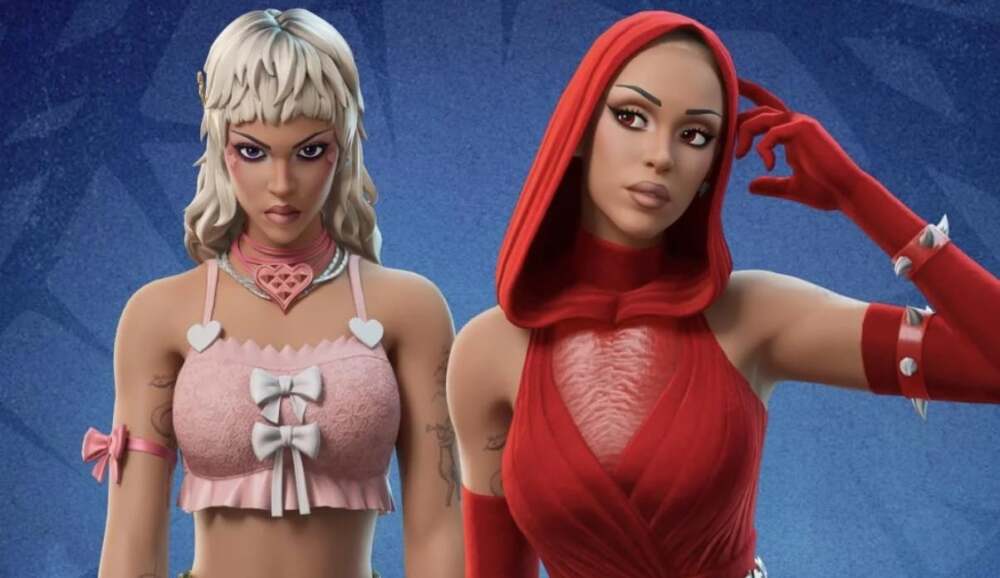
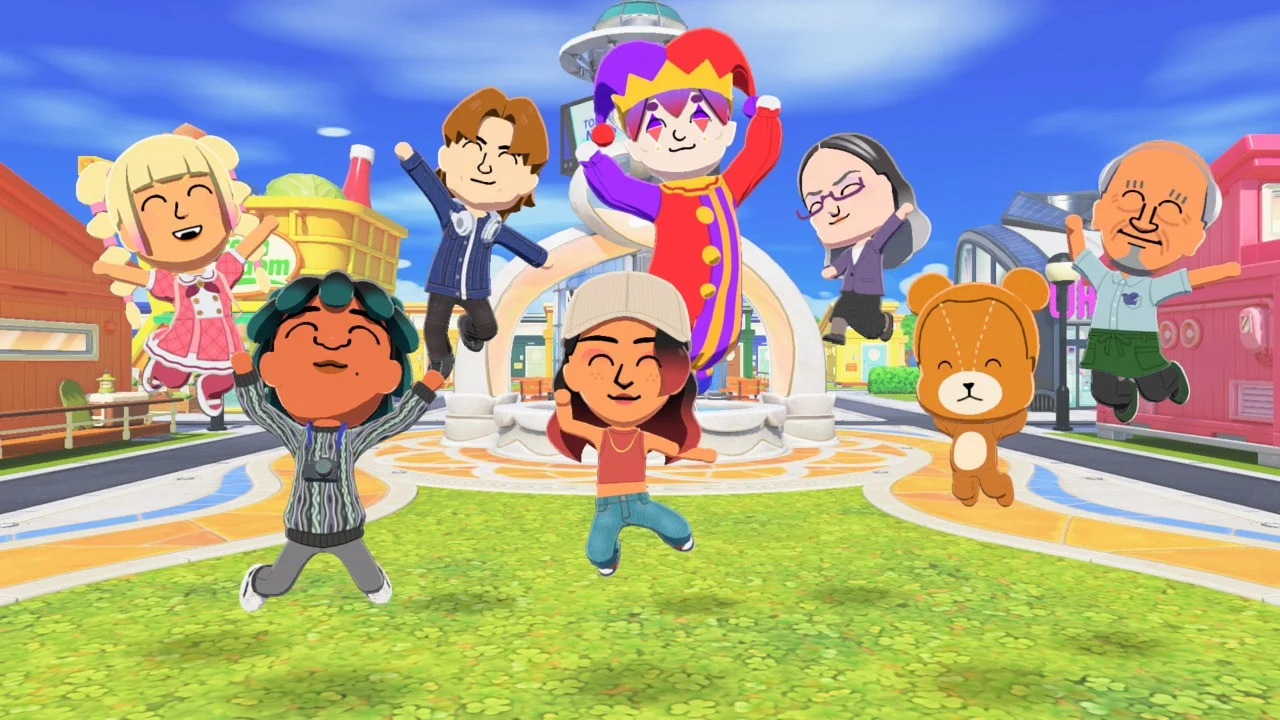
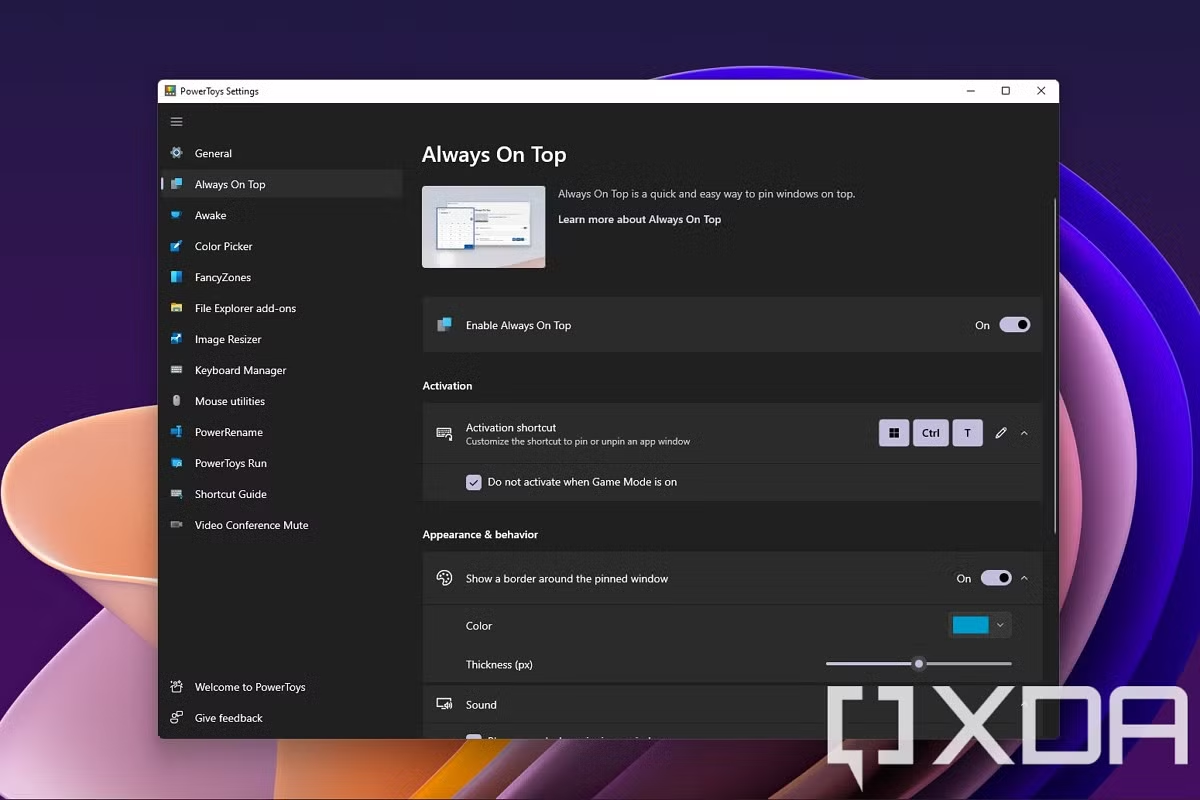
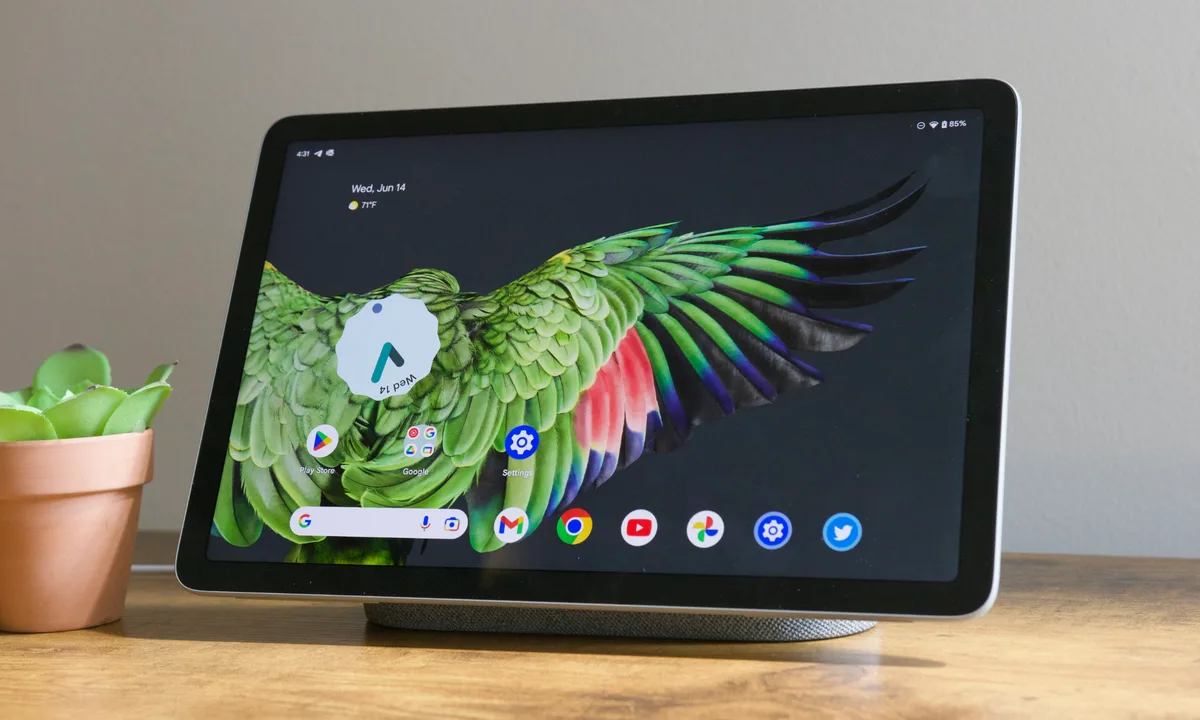

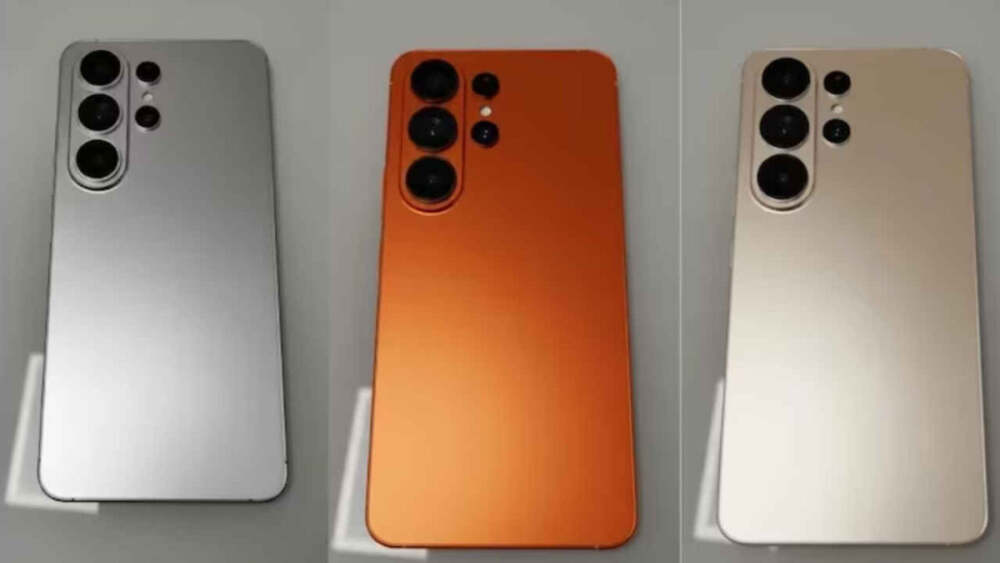
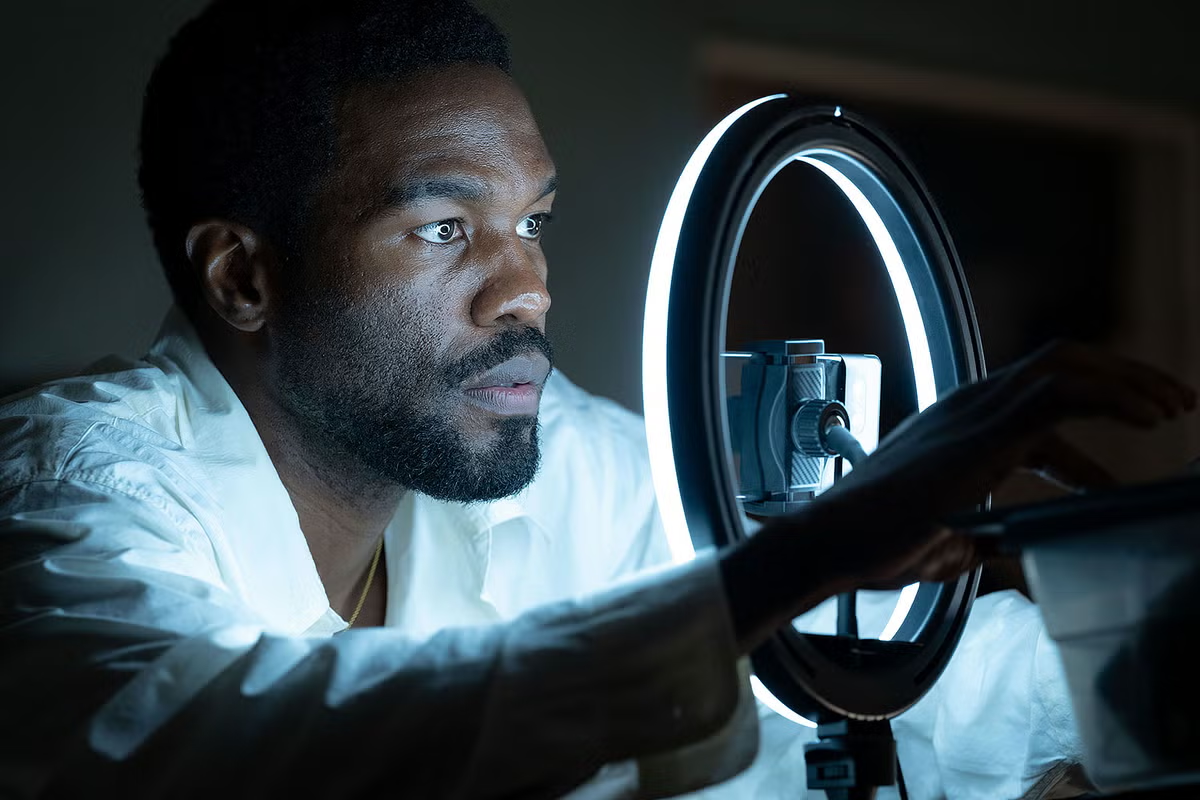
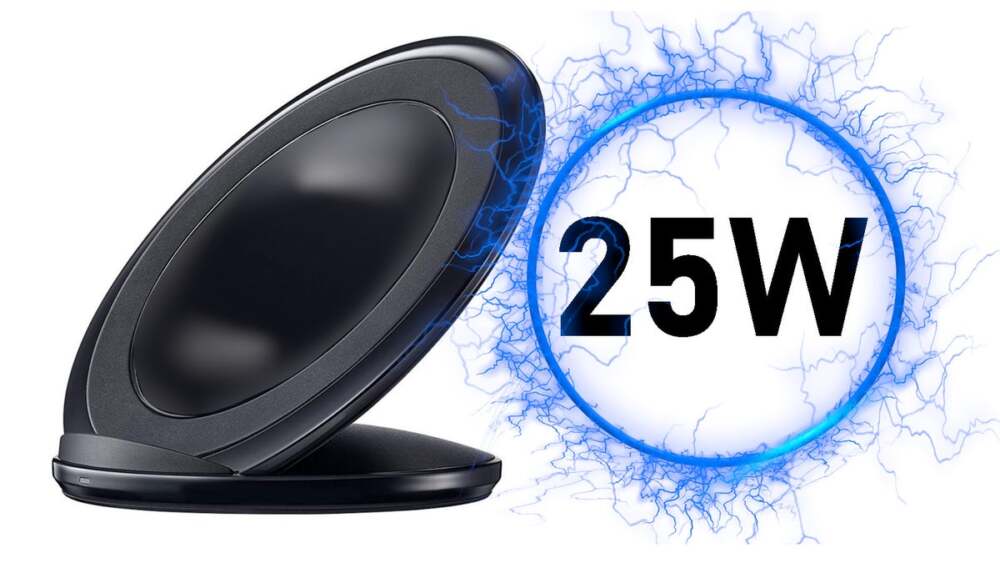
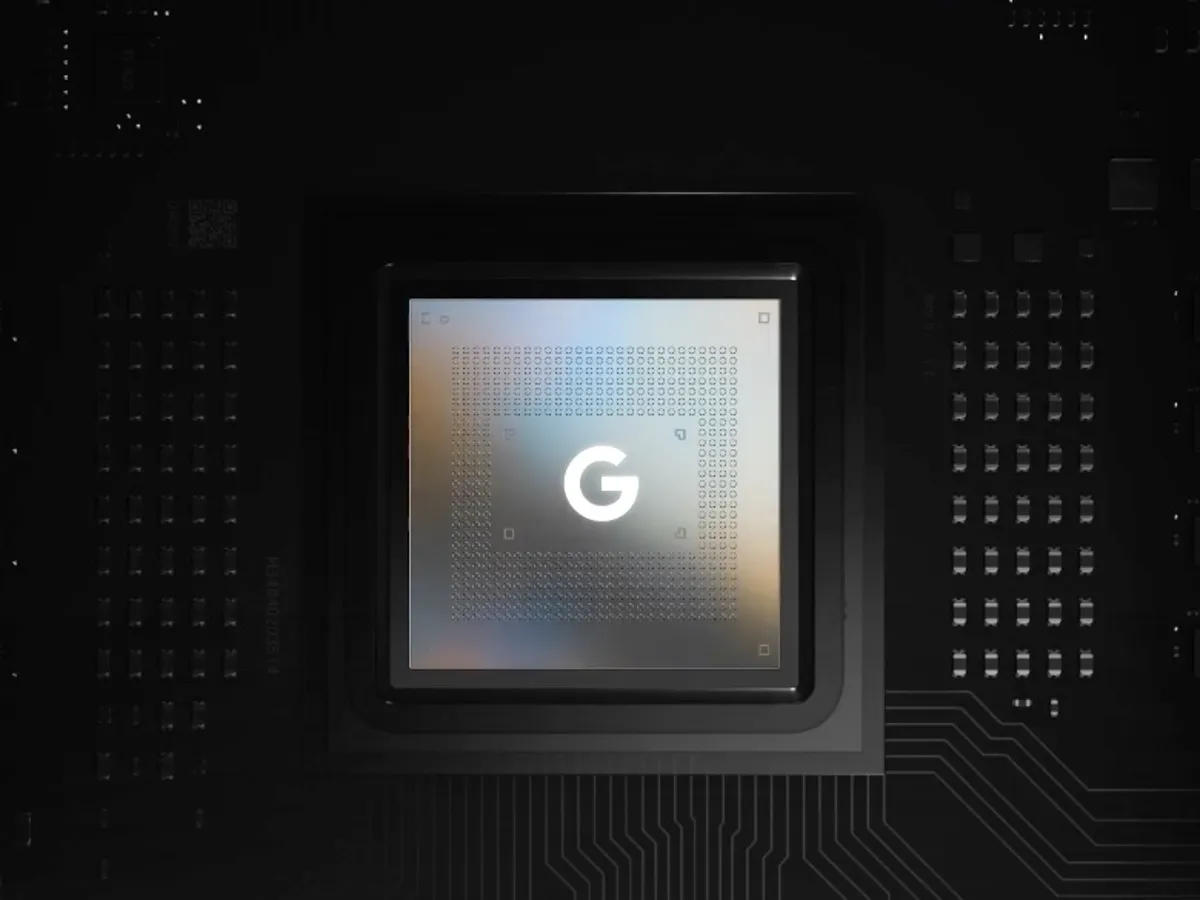
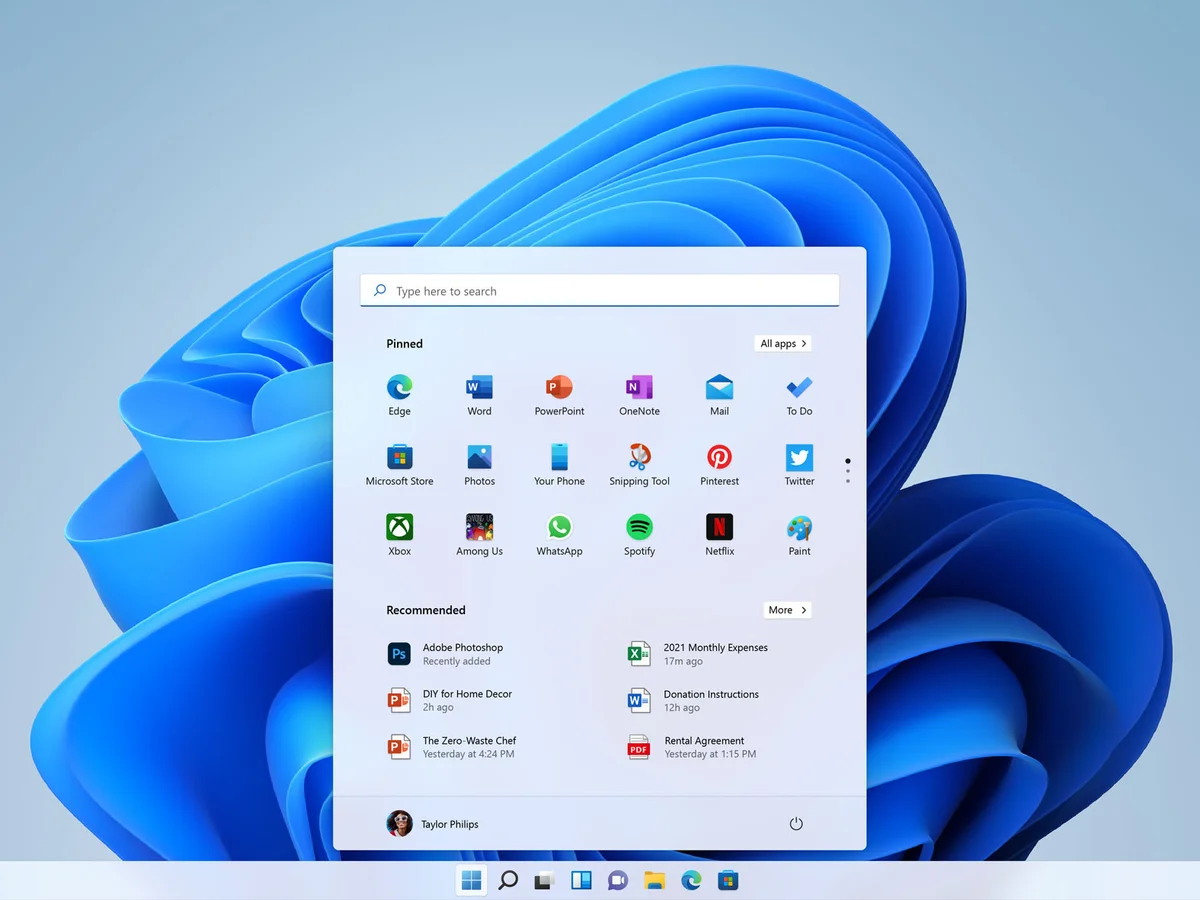
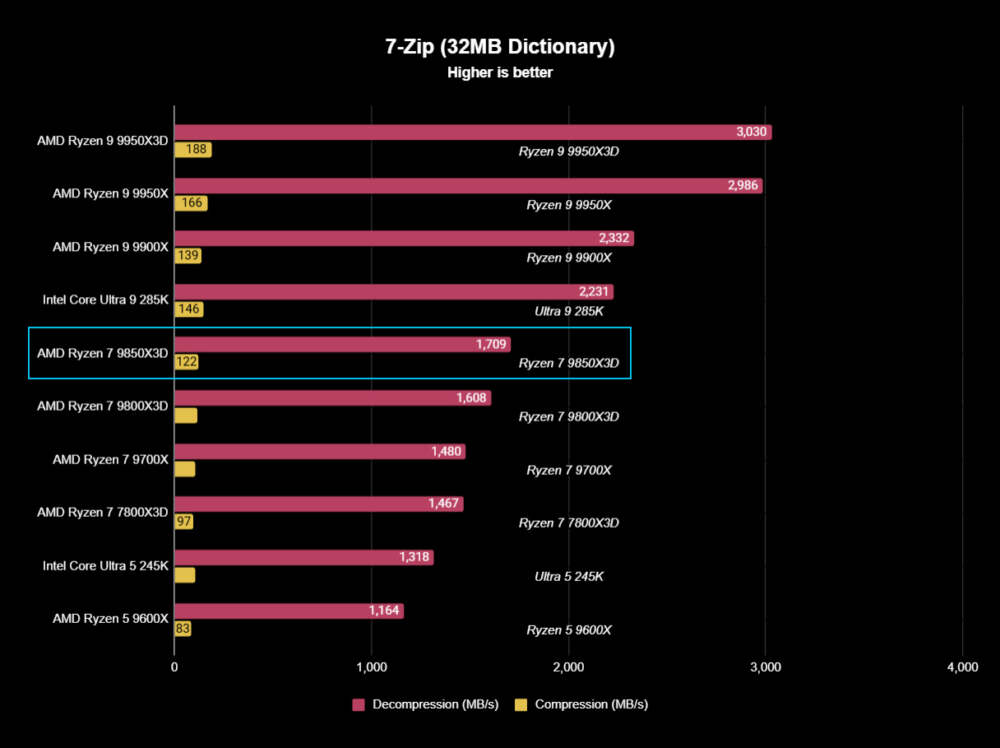




Leave a Reply